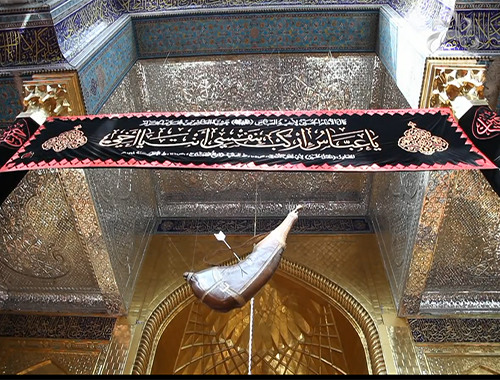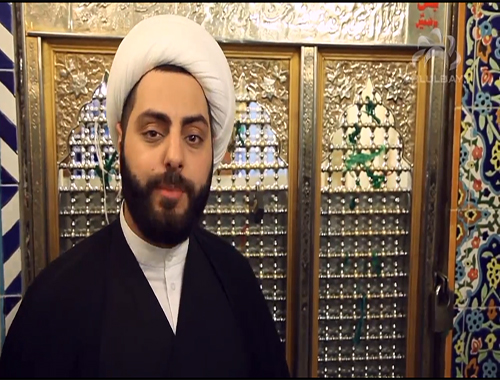Verse283
- Details
- Hits: 2873
(283) وَإِن كُنتُمْ عَلَى سَفَرٍ وَلَمْ تَجِدُواْ كَاتِبًا فَرِهَانٌ مَّقْبُوضَةٌ فَإِنْ أَمِنَ بَعْضُكُم بَعْضًا فَلْيُؤَدِّ
الَّذِي اؤْتُمِنَ أَمَانَتَهُ وَلْيَتَّقِ اللّهَ رَبَّهُ وَلاَ تَكْتُمُواْ الشَّهَادَةَ وَمَن يَكْتُمْهَا فَإِنَّهُ آثِمٌ قَلْبُهُ وَاللّهُ بِمَا تَعْمَلُونَ عَلِيمٌ
283. "And if you are on a journey and you do not find a scribe. then take a pledge with possession. But if one of you entrusts to another, then he who is trusted should pay back his trust; and let him be in awe of Allah, his Lord. And do not conceal testimony, and whoever conceals it, then surely his heart is sinful; and Allah is all-Knowing of what you do."
Commentary:
With stating some more ordinances upon the problem of commercial documents here, this verse, in fact, can be a complement to the previous one. The ordinances are as follows:
1. "And if you are on a journey and you do not find a scribe, then take a pledge with possession...."
Of course, when the matter happens at home and there is not any scribe available either, sufficing to pledge is allowed.
2. The pledge should certainly be taken in possession of the creditor so that there can be felt an authority of confidence. It says:
"... then take a pledge with possession. ..."
3. Then, as an exception for the ordinances stated in the earlier verses, it says:
"... But if one of you entrusts to another, then he who is trusted should pay back his trust; and let him be in awe of Allah, his Lord...."
It is interesting that the claim of the creditor is stated as a deposit wherein treachery is a great sin.
4. Then, addressing all people, the Qur'an ordains an inclusive instruction upon bearing witness. It says:
"... And do not conceal testimony, and whoever conceals it, then surely his heart is sinful;..."
Thus, those who are cognizant of the rights of others have a duty to attend to bear witness when they are summoned and they should not conceal it.
Since concealing testimony and refraining from bearing witness is done by mind and heart, it is introduced by the Qur'an as a sin of heart, and it says he who does it his heart is sinful.
Then, at the end of the verse, to emphasize and to attract the attentions better to the protection of deposits, delivering the rights of others, and stopping the concealment of testimony, the Qur'an warns by saying:
"... and Allah is All-Knowing of what you do."
People may not know which person is able to bear witness and who is not. Or, people may not know who the creditor is and who the debtor is in the case where there is not any pledge. But Allah knows everything and rewards everyone according to his / her own deeds.











